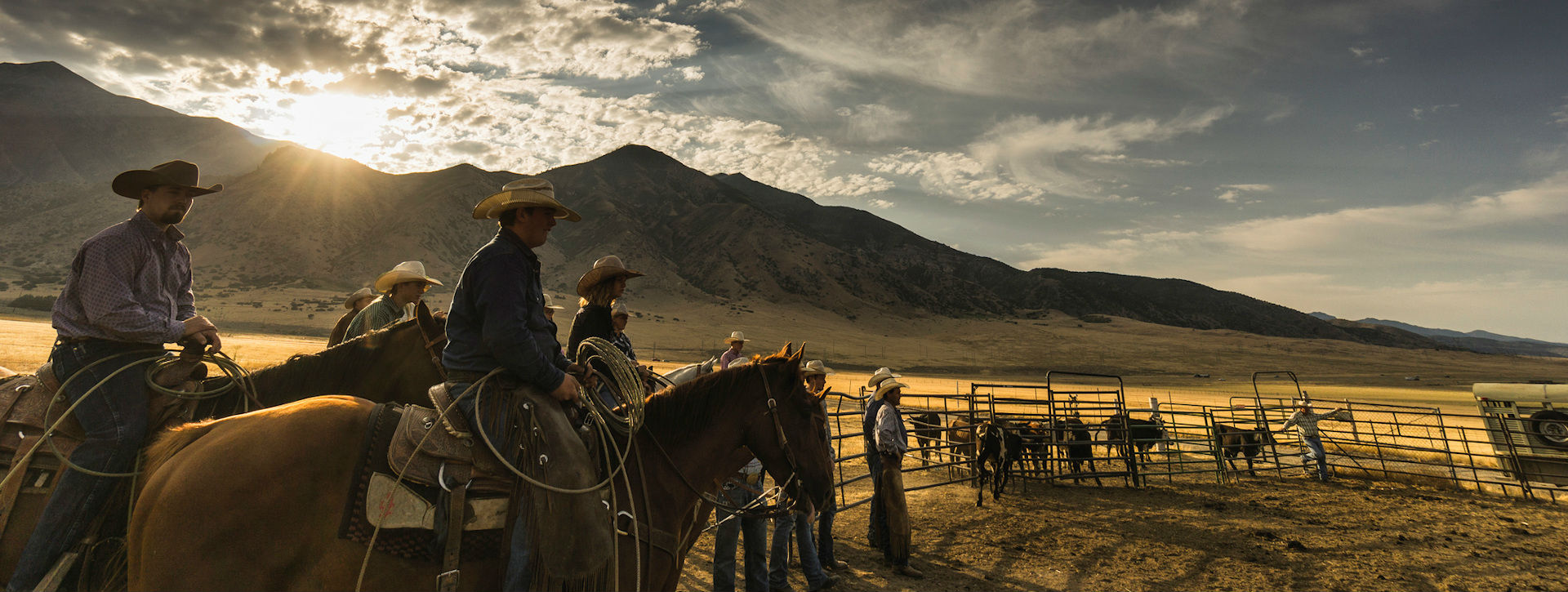”"They don't use science; they use scare tactics. They also use endangered species as surrogates to obtain their own goals and to raise money."
– Jim Chilton on the Center for Biological Diversity
The Center for Biological Diversity (CBD) in 2002 published defamatory information –a press release and accompanying photos with captions–on its website alleging that an Arizona rancher, Jim Chilton, so mismanaged his cattle on his federal grazing allotment that that the cattle caused severe environmental degradation. Chilton’s lawyer contacted CBD in 2003, requesting the defamatory information be removed from the website. CBD ignored the request1, so in 2004 Chilton sued CBD for defamation.
In 2005 the Center for Biological Diversity was found by a jury to have engaged in actual malice in defaming3 Jim Chilton, an Arizona rancher, by publishing photographs and words that falsely and maliciously claimed Chilton’s cattle caused environmental damage. The jury awarded Chilton $600,000 in actual and punitive damages. By awarding $500,000 in punitive damages, the jury found CBD’s conduct exceeded negligence and rose to the legal standard of “willful, malicious or fraudulent.” In rendering its 2005 decision, the Arizona Superior Court in Pima County, in responding to CBD’s motion, stated, “Given the jury’s finding of actual malice, defendants’ contentions in this regard would fail in any event.”
In 2006, CBD lost its appeal to the Arizona Court of Appeals4, which, in a harshly worded decision, stated, “We conclude the jury could have found actual malice by clear and convincing evidence based solely on photograph #18.” In other words, CBD maliciously lied based on just one of the 21 photographs it published about Chilton’s management of the land on which he grazed cattle. The court also concluded, “Because photograph #18 insinuates that Chilton’s cows caused the damage, and because Schneller took photograph #18 after being present at the festival, a reasonable jury considering all the evidence could have found sufficient evidence of actual malice. The trial court therefore did not err in denying the motion for judgment asa matter of law on the issue of malice.”
A number of the nation’s most prominent environmental pressure groups filed amicus briefs in support of CBD’s 2006 appeal and in seeming support of CBD’s purported right to promulgate and publish a malicious lie about Jim Chilton. The groups filing amicus brief were; Sierra Club, Forest Guardians (now known as Wild Earth Guardians). Arizona Wildlife Federation (state affiliate of National Wildlife Federation), and Maricopa Audubon Society (the most powerful Arizona-based chapter of National Audubon Society).
In 2007, the Arizona Supreme Court denied CBD’s appeal of the case5.
The Center for Biological Diversity has never apologized and is totally unrepentant for maliciously lying about Jim Chilton. Kieran Suckling, one of CBD’s founders, in 2005 reportedly even went so far as to suggest a similar miscarriage of justice between his group’s role in the Chilton case and O.J. Simpson’s role in his famous murder case. “This was a very expensive, O.J.-like campaign against us. And the bottom line is, O.J.’s free to play golf today, and Jim Chilton’s won his lawsuit.” More recently, according to a September 2019 story in the Arizona Daily Star, “Robin Silver, the center’s board chairman, said last week in an interview that the group had made mistakes in the Chilton case, has learned from them and that it paid a penalty for them.” It is hard to see how maliciously lying about Jim Chilton was a mere mistake: it a five year process on the part of the Center for Biological Diversity, from the initial publication of the defamatory material in 2002 to the failed appeal to the Arizona Supreme Court in 2007.
A more dispassionate and nuanced view of CBD’s role in the Chilton case is provided by Robert Fleckenstein, jury foreman.
“I respect them for what they do,” Fleckenstein stated in the Phoenix New Times. “But they publish thousands of news advisories. They’re in the business of bringing suits against the government2. It’s not like they’re innocent schoolboys playing in the big boy’s game.” Fleckenstein added, “They acted irresponsibly, and they should have tried to work it out instead of wasting everybody’s time. That’s what jurors kept asking: ‘Why couldn’t they just settle this over a cup of coffee?'”

